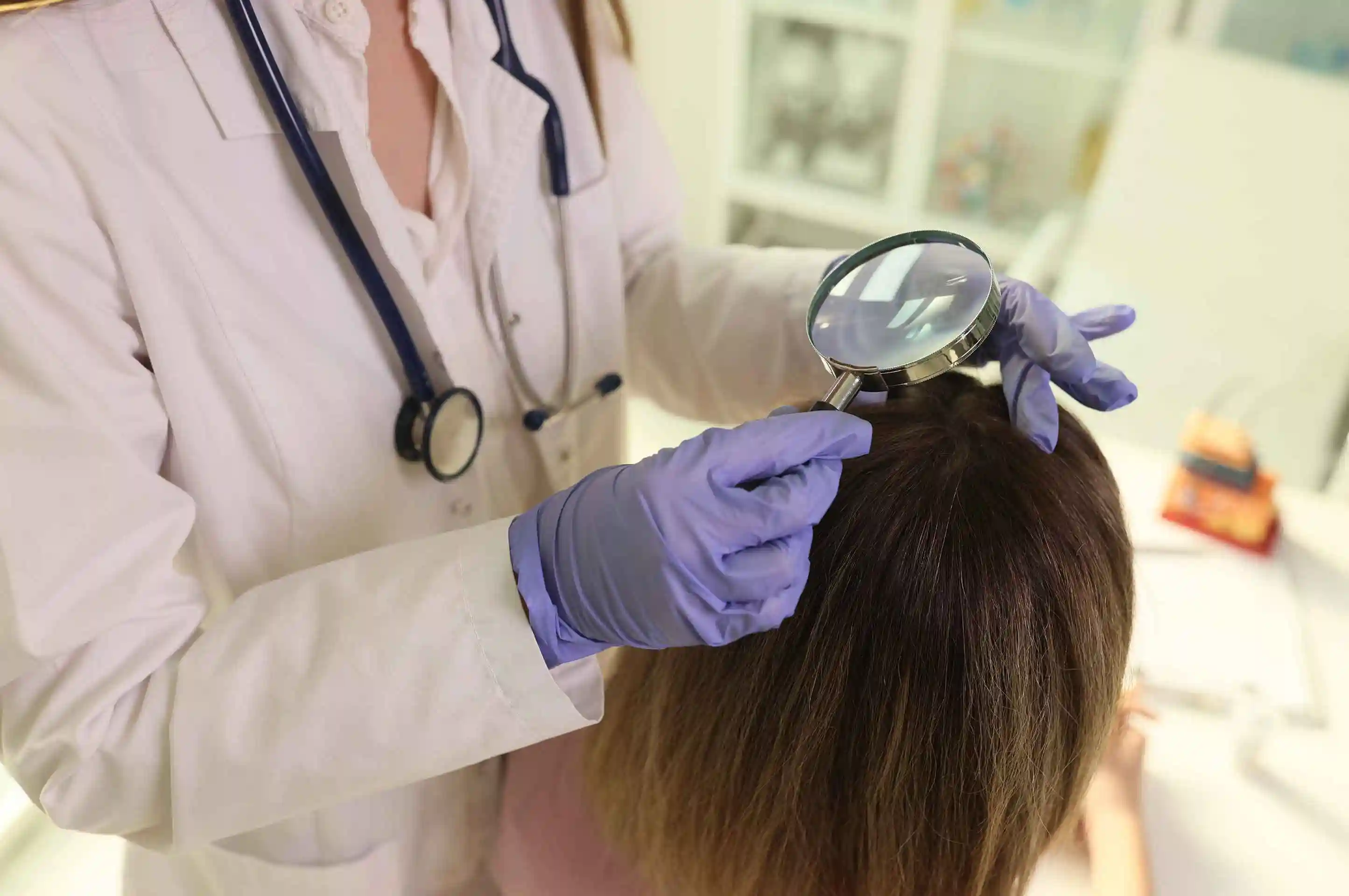
Fue hair transplant procedures are indeed more associated with men than women, but it is also a common practice for women. Hair loss condition is a more common hair problem for women than one would ever think. It may even cause psychological issues for women. Hair loss or hair thinning for women can be treated easily nowadays using various methods in the cosmetic field.
There are many Hair loss treatment for women , such as serums, lotions, and hair laser therapies, to support hair growth. However, depending on the type of hair loss and the reason behind the thinning of the hair, sometimes the treatments may not give results.
Hair transplant comes to aid when hair loss treatments like serums and lotions do not work. At MAX Hair Clinic, the most developed and approved successful method for women’s hair transplantation Ice cell Sapphire micro FUE is been practiced, and expert surgeons perform it.
Causes of women’s hair loss:
There may be several reasons for female pattern hair loss. These reasons vary from one person to another since environmental and genetic factors work differently for each person. Some of the reasons are as follows: Hormonal changes. Especially during pregnancy, after childbirth, and menopause.
Hair loss due to stress. Some medications and treatments the patient has gone through will cause hair thinning or even baldness. Excessive blood loss during menstruation, Female or male pattern baldness in the family, Aging & Genetics.
Just like the case with men’s hair transplants, Women’s hair transplant techniques vary depending on each client’s case and condition. However, it can be said that Ice cell Sapphire micro FUE, better known as Follicular Unit Extractions, also known as FUE, is the popular method nowadays.
Before getting a Sapphire micro FUE hair transplant, one should consider some essential things to avoid side effects. These are as follows:
Smoking impacts transplanted hair follicle growth and the treatment’s outcomes, so it should be avoided for at least two weeks before the procedure. Avoid drinking green tea since it thins the blood, which can cause severe bleeding before and after surgery and ultimately result in transplant failure.
Coffee and other stimulants should be avoided at least four days before the transplant since they impair the anesthetic procedure. To prevent any problems that may occur before or after the operation, it is advised that you eat a good, balanced meal before the procedure. Quit using drugs that thin the blood, like aspirin and ibuprofen. Inform your doctor about the medications you have. Aftercare is crucial to the success of hair transplantation. Therefore, it is highly recommended to understand what is required from you. Wear a head bandage for two days. Refrain from bending, and ensure to keep your head straight. Do not wash your hair for three days. Our experts at the clinic will do the first wash.
Make sure to sleep in the correct position as advised by the surgeon.
Avoid sweating by avoiding exposure to heat and humidity, exercising for at least one month & sexual intercourse for at least one week. Avoid swimming in pools for two months and the sea for at least three months. Refrain from going to the Turkish bath or sauna for at least one month. If any side effect is experienced, such as bleeding, immediately contact the doctor. Strictly follow any instructions explicitly prescribed to your case by the surgeon to ensure the desired results.



